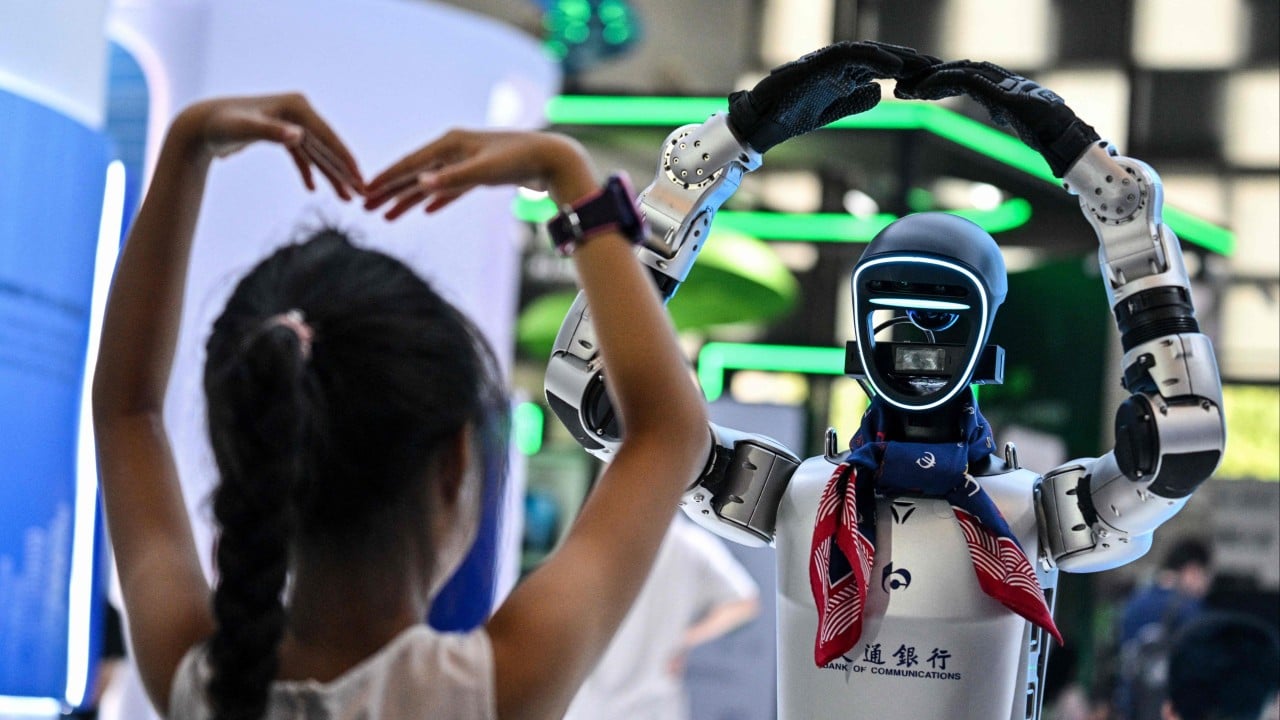Hong Kong is emerging as a possible contender to host China’s proposed World Artificial Intelligence Cooperation Organisation, potentially challenging Beijing’s early preference for Shanghai. We believe the choice of Hong Kong, with its evolving role in the international technological arena, could reflect a nuanced strategy on Beijing’s part to navigate escalating US-China tech tensions.
Advertisement
The initiative was first proposed by Chinese Premier Li Qiang in July. Hosting such a centre carries both symbolic and strategic weight: it will position the host city at the heart of China’s AI diplomacy and offer a tangible avenue to influence the shaping of global AI standards.
Shanghai is the front runner. The city boasts more than 1,100 core AI companies and 100,000 AI professionals, alongside robust government backing. Its 1 billion yuan (US$139 million) AI development fund and innovation hubs such as the Zhangjiang AI Island – which hosts Alibaba Group Holding (owner of the South China Morning Post), among other tech companies – reinforce its credentials.
President Xi Jinping has explicitly called for Shanghai to lead China’s AI development and governance efforts, providing a political capital that few other cities can match.
In comparison, a city like Singapore presents a credible alternative as a potential centre for a global AI governance group. The city state has a comprehensive AI regulatory framework and initiatives such as AI Verify, which is backed by global tech giants including Google, IBM and Microsoft. Singapore’s proven governance expertise makes it a city Western partners can trust.
Advertisement
Hong Kong, however, presents a distinctive proposition. The “one country, two systems” framework allows it to straddle Chinese interests while retaining a degree of international credibility – a combination that could be invaluable in assuaging Western scepticism towards a global AI centre.

